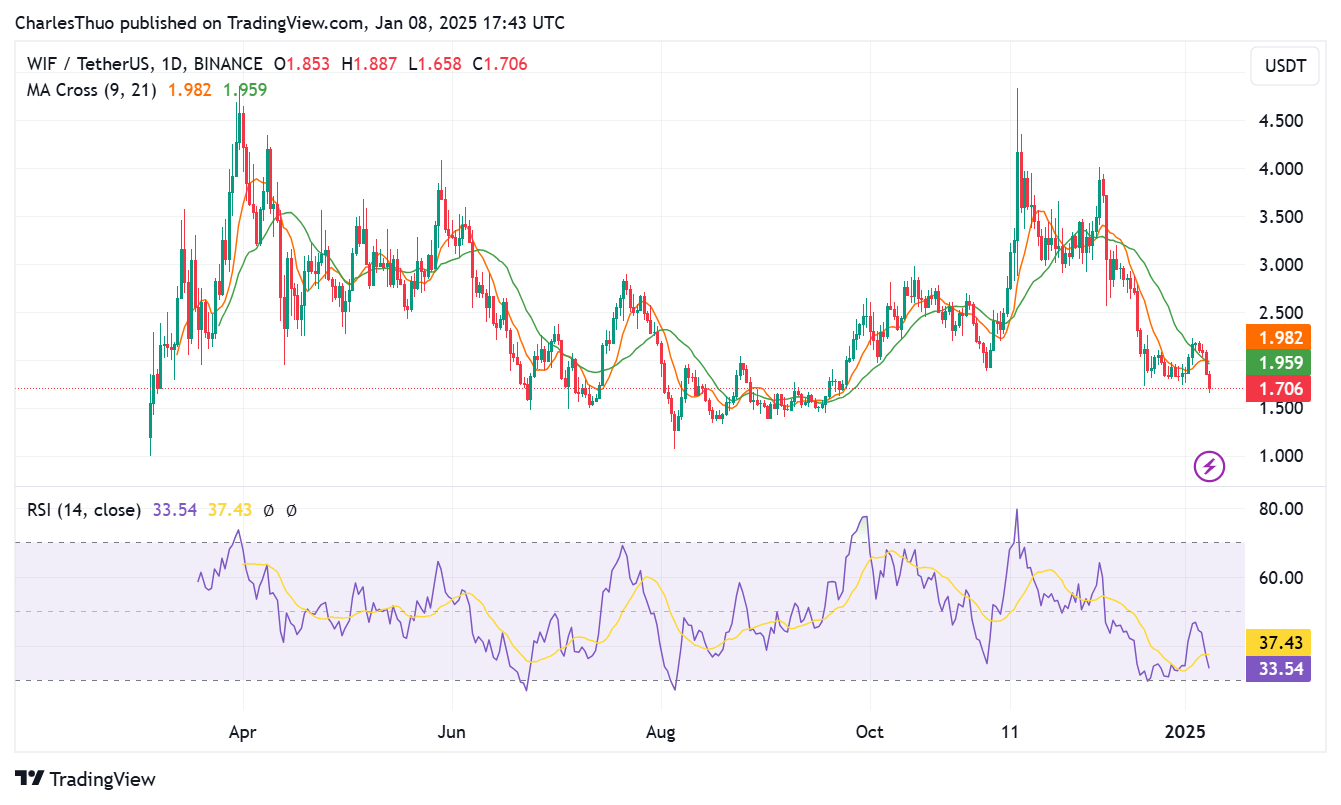- Standard Chartered launches a crypto custody entity in the EU.
- The new entity is based in Luxembourg and will operate under MiCA regulation.
- Standard Chartered has launched crypto services in the United Arab Emirates.
British multinational bank Standard Chartered has announced the establishment of a new entity in Luxembourg aimed at offering crypto custody services throughout the European Union.
This move comes in response to the EU’s newly enacted Markets in Crypto Assets (MiCA) regulation, which seeks to standardize the operations of digital asset providers across member states.
Standard Chartered’s forays into crypto services
The announcement was made through a press release on January 9, detailing that the Luxembourg branch will serve as a gateway for Standard Chartered’s expansion into the crypto custody market in Europe.
Notably, this move follows the bank’s previous forays into digital assets, including similar services launched in the United Arab Emirates, showcasing its commitment to capitalizing on the burgeoning crypto sector.
Heading the new Luxembourg entity is Laurent Marochini, a veteran in the innovation sector, previously with Société Générale.
Marochini expressed his honour in taking the helm at Standard Chartered Luxembourg, emphasizing his dedication to providing top-tier services to clients, team, and stakeholders. “It is an honour to join the leading international bank, Standard Chartered Luxembourg as CEO. I am fully committed to delivering excellence,” Marochini stated in the press release.
Margaret Harwood-Jones, Standard Chartered’s global head of financing & securities services, highlighted the bank’s excitement about extending its digital asset custody services to the EU region. “We are really excited to be able to offer our digital asset custody services to the EU region,” she said, underscoring the bank’s role in aiding institutional clients in navigating the digital asset ecosystem.
Standard Chartered’s engagement with cryptocurrencies doesn’t end with custody services. The bank has been notably active in the crypto space, with ventures like Zodia Custody and Zodia Markets, and it holds an optimistic view on Bitcoin’s future, predicting a potential rise to $250,000. It was recently selected by OKX as its institutional crypto custodian.
Furthermore, the bank is exploring opportunities in stablecoins, evidenced by its participation in Hong Kong’s stablecoin issuer sandbox and its participation in China’s Digital Yuan Pilot in 2023.
The expansion into the EU underlines Standard Chartered’s strategic pivot towards becoming a significant player in the digital finance landscape, aligning with regulatory frameworks like MiCA to ensure security and compliance in its operations.
The post Standard Chartered launches crypto custody entity in Luxembourg under MiCA appeared first on CoinJournal.

